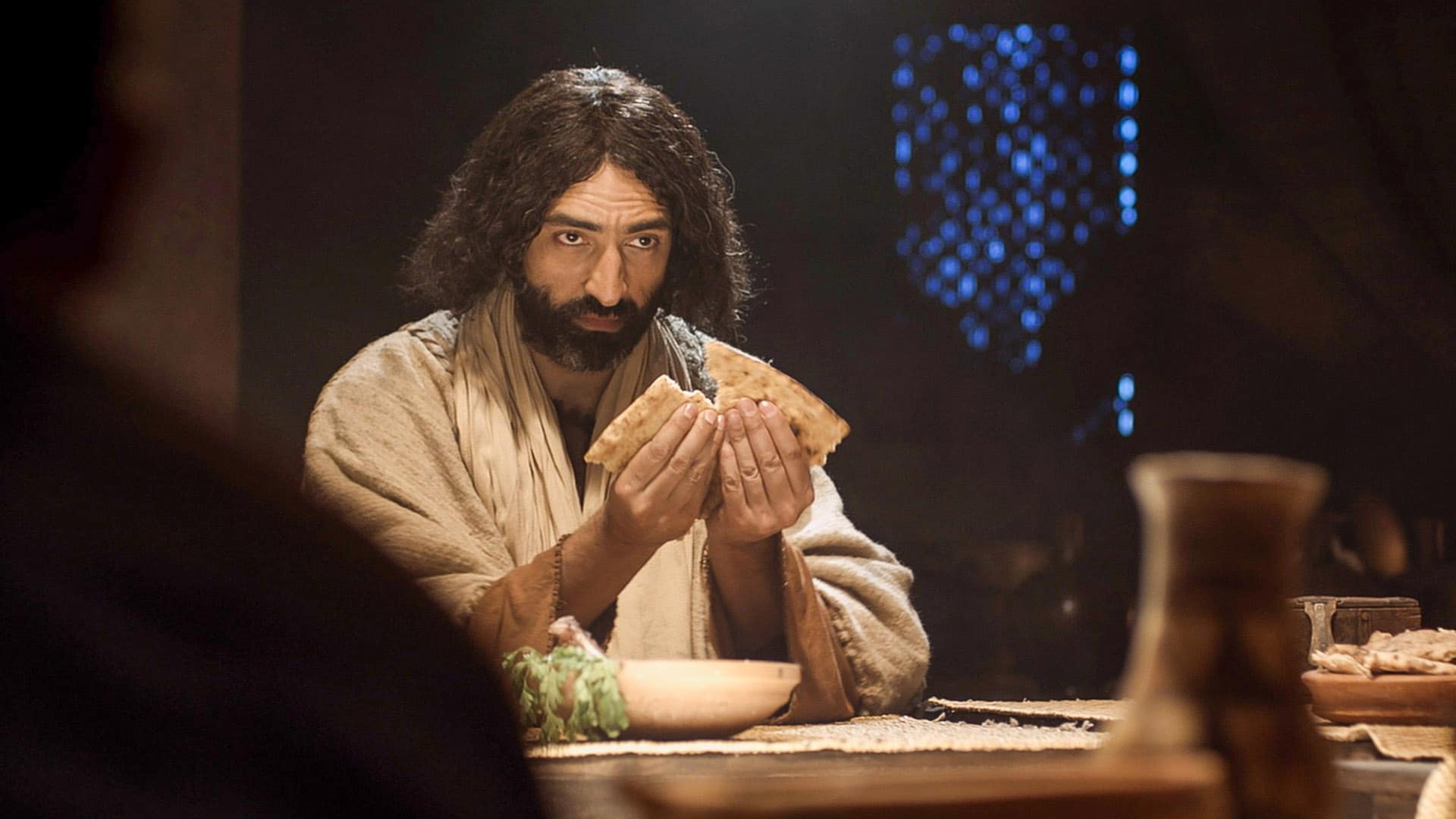On the night He was arrested, Jesus shared the Passover meal with His disciples. That night, the Passover meal they ate together became the Last Supper. And it also became the Lord’s Supper, an ordinance for the church and for believers to observe for centuries to come.
Just as the Passover was an impetus for the Israelite community to remember God’s delivering them from slavery and oppression, it also pointed to the future, to the coming of the even greater Passover Lamb—God’s Son who would come to earth to sacrifice Himself to pay the penalty for human sin. Thus, the Passover (1) looked back to the deliverance God brought to His people when He freed them from bondage in Egypt, (2) affirmed the present freedom God’s people enjoyed, and (3) pointed to the future when God would make possible an even greater deliverance for humanity than the liberation He brought to His chosen people Israel.
At the Passover meal on the night before He died, Jesus indicated that all the Passover had foreshadowed was about to be fulfilled in Him. He took two elements from the meal—the bread and the cup—and upheld them as representative of His sacrifice for humanity (see Matt. 26:26-28; Mark 14:22-24; Luke 22:19-20; 1 Cor. 11:23-25 [see below]). In just a few hours His body, which the bread symbolized, would be nailed to a cross; and His blood, which the cup represented, would be shed as He died a cruel, brutal, and horrific death—the innocent for the guilty, “the righteous for the unrighteous, that He might bring you to God” (1 Pet. 3:18). This would be the ultimate sacrifice—the offering to which the Passover was pointing all along.
And it would be the sacrifice Jesus told His followers to remember. In 1 Corinthians 11:23-25, Paul wrote, “On the night when He was betrayed, the Lord Jesus took bread, gave thanks, broke it, and said, ‘This is My body, which is for you. Do this in remembrance of Me.’ In the same way, after supper He also took the cup and said, ‘This cup is the new covenant established by My blood. Do this, as often as you drink it, in remembrance of Me’” (emphasis added). So when they participate in the Lord’s Supper, believers, like the Israelites before them when they participated in the Passover meal, are to look back to the divine actions that brought them deliverance.
Believers are to look to the future as well. Jesus said of the cup, “For I tell you, from now on I will not drink of the fruit of the vine until the kingdom of God comes” (Luke 22:18; see also Matt. 26:29; Mark 14:25). And Paul stated in 1 Corinthians 11:26, “For as often as you eat this bread and drink the cup, you proclaim the Lord’s death until He comes” (emphasis added).
Jesus’ death and resurrection are the most important events of history. Remembering His death as we participate in the Lord’s Supper, we as believers are to resolve to live our lives accordingly in the present, with an awareness that we belong to the One who gave Himself for us (see 1 Cor. 6:20; 7:23) and that we are accountable to Him for how we order our lives. What kind of an impact does participating in the Lord’s Supper have on you?
Copyright © 2016 B. Nathaniel Sullivan. All rights reserved.
photo credit: http://www.lumoproject.com
Unless otherwise noted, all Scripture quotations in this article are taken from the Holman Christian Standard Bible®, Copyright © 1999, 2000, 2002, 2003, 2009 by Holman Bible Publishers. Used by permission. Holman Christian Standard Bible®, Holman CSB®, and HCSB® are federally registered trademarks of Holman Bible Publishers.
